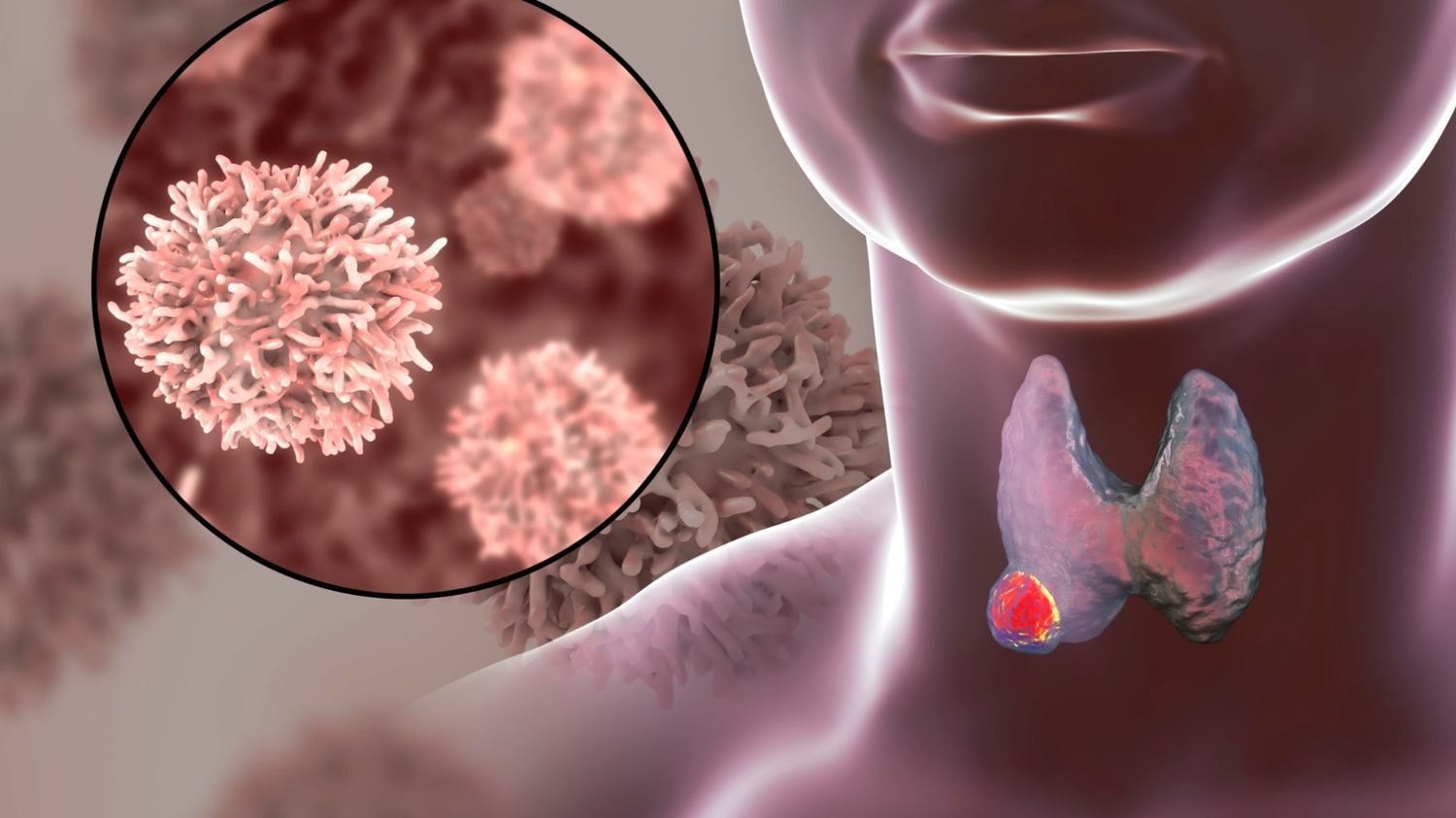What is Thyroid Disorder?
The thyroid gland (located in the neck) produces hormones (T3, T4) that regulate metabolism, energy, growth, and mood.
When the thyroid doesn’t function properly, two common conditions occur:
- Hypothyroidism – underactive thyroid (low hormones, slow metabolism)
- Hyperthyroidism – overactive thyroid (excess hormones, fast metabolism)
In Ayurveda, thyroid problems are related to imbalance of Vata and Kapha doshas (in hypothyroidism) or Pitta imbalance (in hyperthyroidism). Weak digestion (Mandagni) and toxin buildup (Ama) also play a role.
Who is at Risk of Thyroid Disorders?
- Women (especially after 30, pregnancy, or menopause)
- Family history of thyroid disease
- Stress and irregular lifestyle
- Iodine deficiency or excess
- Autoimmune disorders (Hashimoto’s, Graves’ disease)
- Poor diet & digestion
Symptoms of Thyroid Disorders
Hypothyroidism (Underactive Thyroid)
- Fatigue, low energy
- Weight gain, puffiness
- Cold intolerance
- Dry skin, hair fall
- Slow digestion, constipation
- Depression, brain fog
- Irregular or heavy periods
Hyperthyroidism (Overactive Thyroid)
- Unexplained weight loss
- Excess sweating, heat intolerance
- Anxiety, irritability
- Tremors in hands
- Palpitations, rapid heartbeat
- Loose stools
- Irregular or scanty periods
Possible Risks (If uncontrolled)
- Goiter (thyroid enlargement)
- Heart disease, irregular heartbeat
- Infertility, pregnancy complications
- Nerve damage, osteoporosis (in hyperthyroidism)
- Severe metabolic disorders
- Depression, memory loss
Ayurvedic Approach to Thyroid Disorders
Ayurveda focuses on balancing doshas, improving digestion (Agni), removing Ama (toxins), and rejuvenating tissues.
1. Detox & Panchakarma
- Virechana (purgation therapy – useful for Pitta imbalance in hyperthyroidism)
- Basti (enema therapy – balances Vata in hypothyroidism)
- Nasya (nasal therapy – balances hormones & calms mind)
- Abhyanga + Shirodhara – stress reduction & nervous system support
2. Thyroid-Friendly Diet (Pathya Ahar)
-
For Hypothyroidism:
-
Warm, light, easily digestible food
-
Millets (ragi, jowar, bajra), barley, oats
-
Green leafy vegetables, bottle gourd, ridge gourd
-
Spices: ginger, turmeric, black pepper, cumin
-
Herbal teas with cinnamon, ginger, tulsi
Avoid: excess dairy, soy, refined flour, packaged food
-
-
For Hyperthyroidism:
-
Cooling foods like cucumber, pumpkin, ash gourd
-
Fresh fruits (banana, papaya, pomegranate)
-
Dairy in moderation (buttermilk, ghee)
-
Avoid spicy, oily, fermented foods
-
3. Daily Rituals (Dinacharya)
- Morning walk / light exercise
- Warm water with lemon + honey (for hypothyroid)
- Oil massage for circulation & relaxation
- Stress control with meditation, journaling
- Regular sleep cycle
4. Herbs for Thyroid Support
- Ashwagandha – balances thyroid hormones, reduces stress
- Kanchanar Guggulu – classical Ayurvedic medicine for goiter & thyroid swelling
- Brahmi & Jatamansi – calm mind, reduce anxiety
- Punarnava – reduces swelling & water retention
- Triphala – improves digestion, clears toxins
- Shankhapushpi – balances hormones, supports brain
5. Yoga & Pranayama
- Asanas: Sarvangasana (shoulder stand), Matsyasana (fish pose), Bhujangasana, Setu Bandhasana
- Pranayama: Anulom-Vilom, Ujjayi (ocean breath), Bhramari
- Meditation: Reduces stress (a key thyroid trigger)


